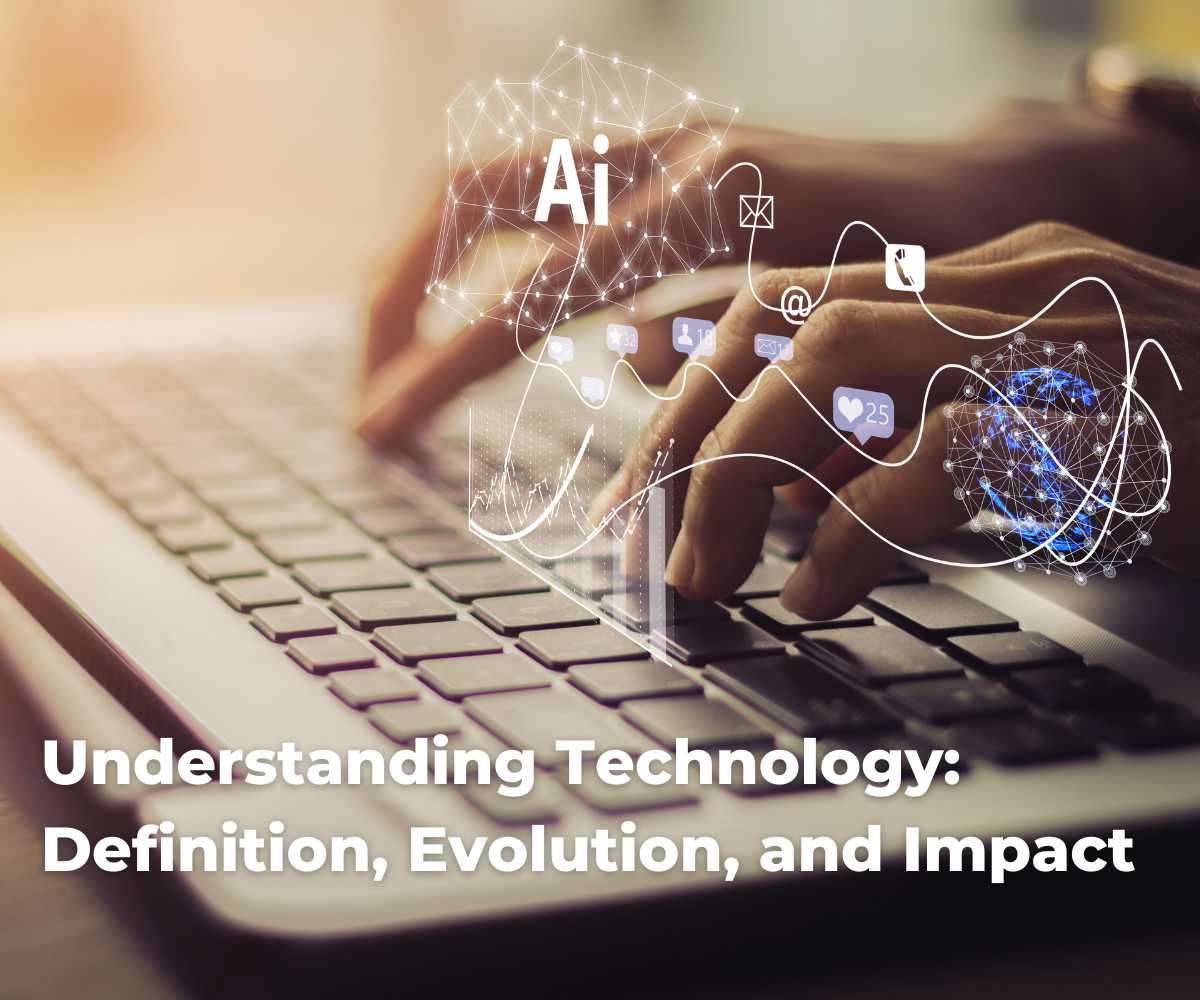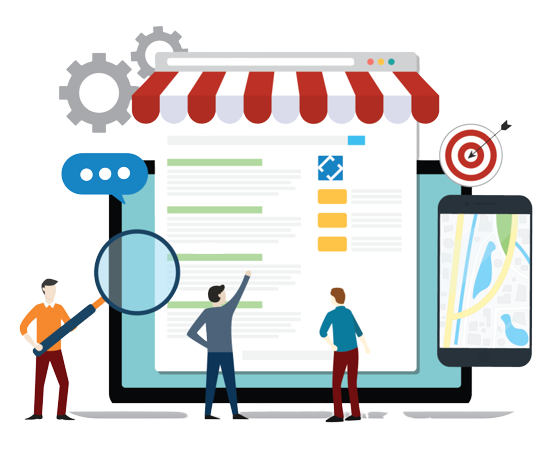technology understanding definition evolution and impact
Description
Understanding Technology: Definition, Evolution, and Impact
Introduction:
Technology is an ever-evolving field that has significantly shaped human society throughout history. It encompasses the tools, systems, & methods developed to solve problems, enhance capabilities, and improve the quality of life. From the invention of the wheel to the rise of artificial intelligence, technology has been at the forefront of human progress, influencing various aspects of our daily lives.
This article delves into the definition of technology, its historical evolution, and its profound impact on modern society.
Defining Technology:
At its core, technology refers to the application of scientific knowledge for practical purposes. It includes the creation, utilization, and management of tools, machines, systems, and techniques designed to achieve specific goals.
The term "technology" is derived from the Greek words "techne," meaning skill or art, and "logos," meaning study or discourse. Thus, technology can be understood as the study and application of skills and knowledge to solve problems and accomplish tasks.
Historical Evolution of Technology
1. Prehistoric Era:
The earliest forms of technology were simple tools created by early humans. Stone tools, such as hand axes & scrapers, were among the first technological innovations, enabling early humans to hunt, gather, and build shelters more effectively.
The discovery of fire and the development of basic pottery also marked significant technological advancements in this era.
2. Ancient Civilizations
As societies evolved, so did their technological capabilities. Ancient civilizations such as the Egyptians, Mesopotamians, Greeks, and Romans made notable advancements in various fields. The invention of the wheel around 3500 BCE revolutionized transportation and trade.
The development of writing systems, such as cuneiform & hieroglyphics, facilitated communication and record-keeping. Engineering marvels like the Roman aqueducts and the Great Pyramid of Giza demonstrated an advanced understanding of construction and mathematics.
3. Medieval and Renaissance Periods
The medieval period saw technological innovations such as the windmill, watermill, & the mechanical clock. The Renaissance era, characterized by a renewed interest in science and discovery, witnessed significant advancements in technology.
Innovations like the printing press, invented by Johannes Gutenberg in the 15th century, revolutionized the dissemination of knowledge and contributed to the spread of literacy & education.
4. Industrial Revolution
The Industrial Revolution, which began in the late 18th century, marked a pivotal era in technological history. The introduction of mechanized production processes, such as the steam engine and textile machinery, transformed industries and economies.
This period saw the rise of factories, mass production, and significant advancements in transportation, including the steam locomotive and steamship.
5. 20th and 21st Centuries
The 20th century brought unprecedented technological advancements, including the development of computers, the Internet, and telecommunications. The invention of the transistor and integrated circuits paved the way for modern computing and electronic devices.
The advent of the Internet & digital technologies has revolutionized communication, information access, and entertainment. The 21st century has seen rapid advancements in artificial intelligence, biotechnology, and renewable energy, further shaping the future of technology.
Impact of Technology on Modern Society
1. Communication and Information
Technology has transformed communication, making it faster and more accessible. The internet, social media, & mobile devices have revolutionized the way people connect, share information, & conduct business. Instant messaging, video conferencing, and online platforms have bridged geographical gaps, enabling global communication and collaboration.
2. Healthcare and Medicine
Technological advancements have had a profound impact on healthcare and medicine. Innovations such as medical imaging, robotic surgery, and telemedicine have improved diagnostic accuracy, treatment options, and patient care.
Biotechnology and genetic research have led to the development of personalized medicine and new therapies for various diseases.
3. Education and Learning
Technology has transformed education by providing new tools and resources. E-learning platforms, online courses, and educational apps have made education more accessible and flexible. Interactive technologies and multimedia resources enhance the learning experience and cater to diverse learning styles.
4. Economy and Employment
The rise of automation & artificial intelligence has reshaped industries and job markets. While technology has led to increased productivity & efficiency, it has also raised concerns about job displacement & the need for workforce reskilling. The gig economy and remote work are examples of how technology is influencing employment patterns.
5. Environment and Sustainability
Technology plays a crucial role in addressing environmental challenges and promoting sustainability. Innovations in renewable energy, such as solar and wind power, are helping reduce reliance on fossil fuels. Smart technologies and data analytics are being used to monitor and manage environmental resources more effectively.
Challenges and Ethical Considerations
While technology offers numerous benefits, it also presents challenges and ethical considerations. Issues such as data privacy, cybersecurity, and the digital divide are significant concerns in the modern technological landscape.
The ethical implications of emerging technologies, such as artificial intelligence and genetic engineering, require careful consideration and regulation to ensure responsible use and avoid potential harm.
Conclusion:
Technology is a dynamic and integral part of human progress, influencing various aspects of society and daily life. From its early beginnings to the present day, technology has continually evolved, shaping the way we live, work, and interact.
As we move forward, it is essential to harness technology's potential while addressing its challenges and ethical considerations. By doing so, we can continue to drive innovation and create a better future for all.






















